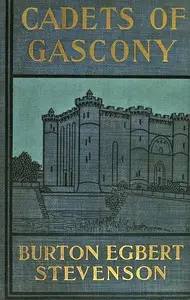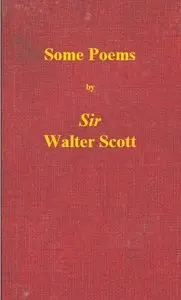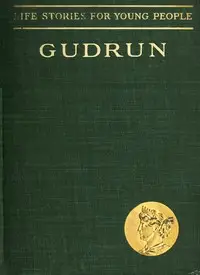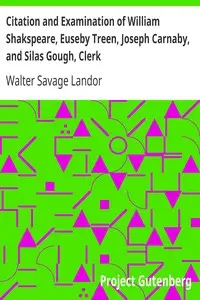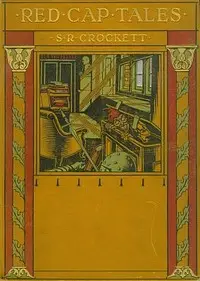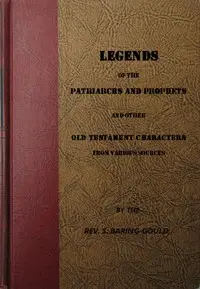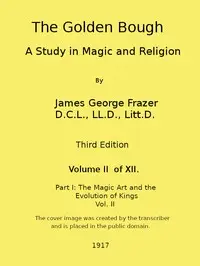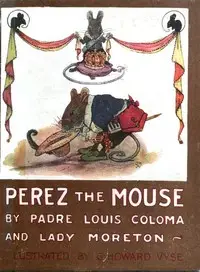"Gebir and Count Julian" by Walter Savage Landor is a collection of narrative poems that mixes legends with historical tales, mainly about a prince named Gebir from old Spain. Gebir deals with wanting power, love, and fighting as he plans to take over Egypt. Also, there's Count Julian, whose story is about being betrayed and losing everything when the Moors invade Spain. We first meet Gebir, a thoughtful but strong guy in the mountains. While getting ready for war, he gets caught up in his own feelings when he meets Charoba, a queen who makes him scared but also really interested. At the same time, Gebir’s brother, Tamar, is having trouble with love, involving a magical nymph. The beginning builds up tension between Gebir's goal of becoming famous and his personal problems, which leads to a sad and thoughtful feeling that runs through the whole story. The themes touch on deep feelings, ambition, and the search for love, showing off Landor's poetic writing and his connection to old stories.
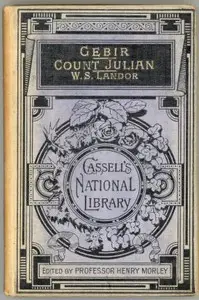
Gebir, and Count Julian
By Walter Savage Landor
Witness the collision of ambition and love as a prince prepares for war while a count faces betrayal and loss during the invasion of his homeland.
Summary
About the AuthorWalter Savage Landor was an English writer, poet, and activist. His best known works were the prose Imaginary Conversations, and the poem "Rose Aylmer," but the critical acclaim he received from contemporary poets and reviewers was not matched by public popularity. As remarkable as his work was, it was equalled by his rumbustious character and lively temperament. Both his writing and political activism, such as his support for Lajos Kossuth and Giuseppe Garibaldi, were imbued with his passion for liberal and republican causes. He befriended and influenced the next generation of literary reformers such as Charles Dickens and Robert Browning.
Walter Savage Landor was an English writer, poet, and activist. His best known works were the prose Imaginary Conversations, and the poem "Rose Aylmer," but the critical acclaim he received from contemporary poets and reviewers was not matched by public popularity. As remarkable as his work was, it was equalled by his rumbustious character and lively temperament. Both his writing and political activism, such as his support for Lajos Kossuth and Giuseppe Garibaldi, were imbued with his passion for liberal and republican causes. He befriended and influenced the next generation of literary reformers such as Charles Dickens and Robert Browning.


